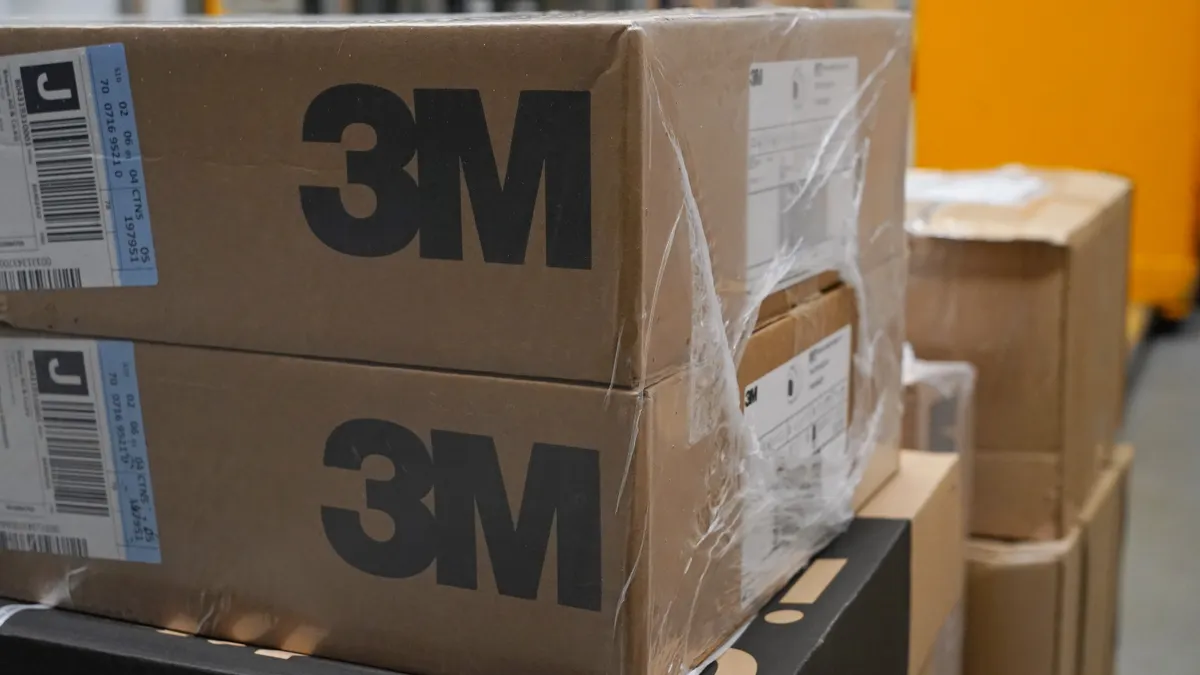3M has opened a new shipping site in Charleston, South Carolina to focus on shipments to Asia. The move will help reduce shipping times and delays for customers in the region, according to a release.
The new site, called the East Coast Consolidation Center, is located about 10 miles from the Port of Charleston, according to Junli Yamada, vice president of global logistics at 3M.
“When sites receive orders from overseas that are less than container load sized, those orders are sent to a 3M consolidation center,” Yamada said in an email. “The consolidation centers combine orders from 3M sites all over the U.S. to build full containers. This reduces costs and increases speed in shipping overseas.”
Since becoming operational in mid-May, the site has contributed to one- to two-week reductions in average cycle times for initial shipments to Singapore, Australia and New Zealand, the company said in a statement.
3M added the Charleston shipping site due to congestion and delays happening at West Coast ports, including the Port of Los Angeles and Port of Long Beach. East Coast ports have seen a rise in volume as shippers shift cargo routes in an attempt to circumvent delays.
As of August, the Port of New York and New Jersey said it had handled “an astounding rise of 34 percent in cargo volume,” compared to before the pandemic.
Potential labor disruptions on the West Coast are also a concern, as contract negotiations between ILWU dockworkers and the Pacific Maritime Association continue. The new shipping location mitigates potential disruption risks for customers, Vice President of Global Logistics said in the release.
The Charleston location marks 3M’s third consolidation center. Other sites in Ontario, Canada and DeKalb Illinois serve the Asia and Greater China and Europe and Latin America markets, respectively.
3M’s next step will be to diversify operations at the Charleston center to include exports to Europe and Latin America to help improve reliability for customers in those regions, according to the release.
“We now have levers to pull on both coasts depending on where the macro challenges are greatest,” Yamada said.














